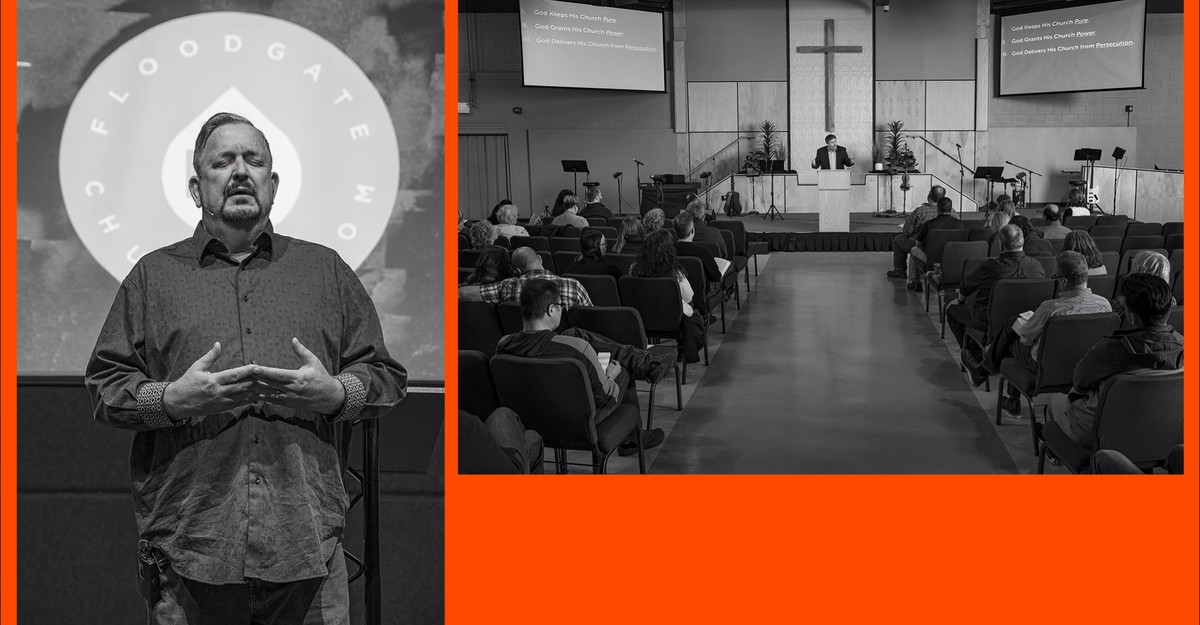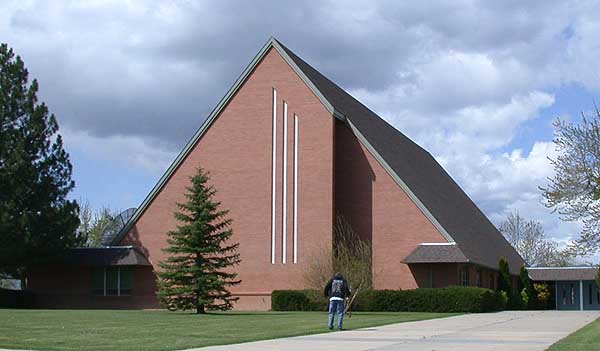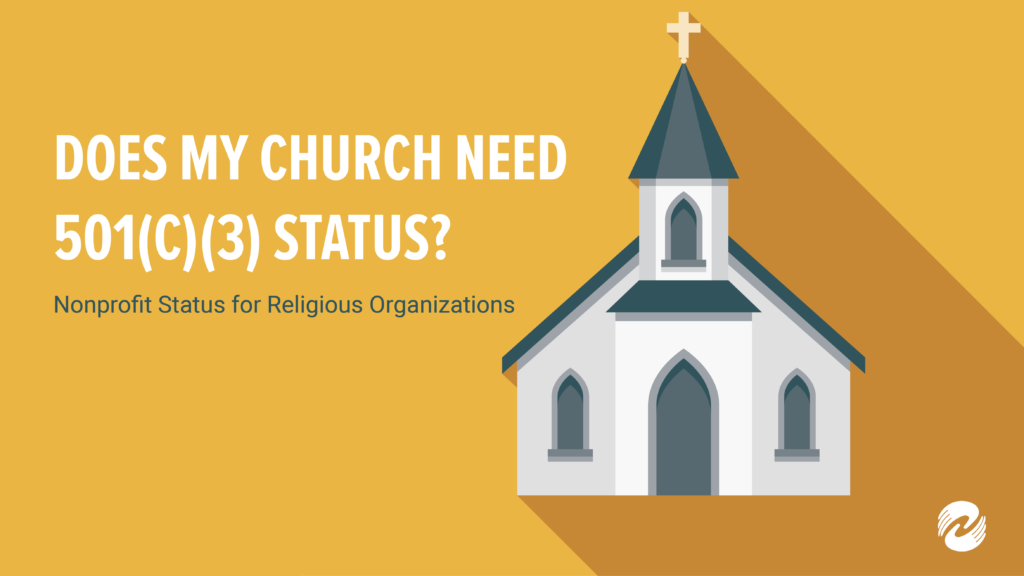Why And How Politics Poisoned The Evangelical Church ? In recent years, the Evangelical Church has become increasingly intertwined with politics. It’s no secret that many Evangelical Christians are politically active, and they often align themselves with a particular party or candidate. However, this intersection of politics and religion has had some unintended consequences. In this article, we will explore how politics poisoned the Evangelical Church, and the effects this has had on the Church and its members.
Part 1: The Rise of Political Evangelicalism
In the mid-20th century, a new movement began to take hold within the Evangelical Church. Known as political Evangelicalism, this movement emphasized political activism as a way to bring about social change. Its proponents argued that Christians had a responsibility to engage in politics and to use their influence to promote Christian values.
The political Evangelicalism movement gained steam in the 1970s and 1980s, thanks in part to the rise of the Religious Right. Led by figures such as Jerry Falwell and Pat Robertson, the Religious Right mobilized Evangelical Christians to get involved in politics, particularly in support of conservative candidates and causes. This movement had a significant impact on American politics, and it helped to shape the political landscape we see today.
Part 2: The Consequences of Political Evangelicalism
While political Evangelicalism may have had some positive effects, it has also had some negative consequences. One of the biggest problems is that it has politicized the Church, turning it into just another interest group. When Christians align themselves with a particular political party or candidate, they risk losing their ability to speak truth to power. They become beholden to the political forces they have aligned themselves with, and they may compromise their values in order to maintain their political power.
Another consequence of political Evangelicalism is that it has turned the Church into a battleground. The Church has become deeply divided along political lines, with some members supporting one party or candidate, while others support another. This has led to a lot of infighting and conflict within the Church, which can be damaging to its mission and its members.
Part 3: The Need for a New Approach
Given the problems that political Evangelicalism has caused, it’s clear that a new approach is needed. One possible solution is for Evangelical Christians to disengage from politics altogether. Rather than aligning themselves with a particular party or candidate, they could focus on promoting Christian values and principles in all aspects of their lives. This would allow them to be more independent and less beholden to political forces.
Another approach is to promote a more nuanced and balanced view of politics. Rather than seeing politics as a black-and-white issue, Christians could recognize the complexities and ambiguities of political life. They could acknowledge that no political party or candidate is perfect, and that Christians must make difficult choices when it comes to supporting particular causes or candidates.
Part 4: The Impact on Evangelicalism’s Reputation
The politicization of the Evangelical Church has had a negative impact on its reputation. Many people now view Evangelicals as partisan political activists, rather than as spiritual leaders. This has led to a decline in the influence and credibility of the Church, particularly among younger generations.
Furthermore, the association with a particular political party or candidate can lead to a loss of moral authority. When Evangelical leaders defend or ignore immoral behavior in their political allies, they risk damaging their own moral credibility. This can cause disillusionment among their followers and weaken the Church’s ability to offer a moral voice to society.
Part 5: The Importance of Separation of Church and State
One of the underlying issues with political Evangelicalism is the lack of separation of Church and State. While Christians have a right to be involved in politics, the Church as an institution should remain neutral when it comes to endorsing or supporting political candidates. This is not only necessary for maintaining the Church’s independence, but it is also required by the Constitution’s Establishment Clause.
The Church’s role in society is to offer a moral voice and to advocate for social justice, not to become a political force. When the Church becomes too involved in politics, it risks losing its prophetic voice and its ability to challenge political power structures.
Part 6: The Way Forward
To address the issues caused by political Evangelicalism, there needs to be a renewed focus on the core mission of the Church. The Church’s mission is to share the message of the Gospel and to offer a moral voice to society. This can be achieved through a renewed emphasis on evangelism, discipleship, and social justice.
Furthermore, there needs to be a greater emphasis on unity within the Church. While there will always be differences of opinion among Christians, the Church must work towards finding common ground and avoiding divisive issues. This will require a commitment to dialogue, listening, and respect for different viewpoints.
Lastly, there needs to be a recognition that politics is not the answer to all of society’s problems. While politics can play a role in addressing social issues, it is ultimately the Gospel that offers hope and transformation. The Church must remain focused on its core mission, and not become distracted by the allure of political power.
Part 7: Overcoming the Tribalism
One of the major issues with political Evangelicalism is the emergence of tribalism within the Church. When politics becomes the main focus, individuals begin to identify more with their political party or candidate than with their faith community. This can lead to a toxic environment where individuals are more concerned with winning political battles than with living out their faith.
To overcome this tribalism, there needs to be a renewed emphasis on the importance of community within the Church. Christians must recognize that they are part of a larger family and that their political beliefs should not overshadow their commitment to their brothers and sisters in Christ. This can be achieved through intentional efforts to build relationships, foster dialogue, and promote unity within the Church.
Part 8: Addressing Social Issues
Another issue with political Evangelicalism is the narrow focus on certain social issues, such as abortion and same-sex marriage. While these issues are important, they should not be the only social issues that the Church addresses. Christians must also be concerned with issues such as poverty, racism, and immigration.
To address these social issues, there needs to be a greater emphasis on social justice within the Church. Christians must recognize that the Gospel calls us to care for the marginalized and to work towards a more just society. This can be achieved through education, advocacy, and action.
Part 9: Restoring Credibility
The politicization of the Evangelical Church has caused many people to view Christians as hypocritical and judgmental. To restore credibility, the Church must demonstrate a commitment to humility, compassion, and love. Christians must recognize that they are not perfect and that they are called to love others, even those with whom they disagree.
Furthermore, the Church must be willing to speak out against injustice, even when it is uncomfortable or unpopular. This can be achieved through a commitment to prophetic preaching and a willingness to engage with difficult social issues.
See Also;
Why Church And State Should Not Be Separated
What is Take Me to Church About?
Summary ; Why And How Politics Poisoned The Evangelical Church
The politicization of the Evangelical Church has had significant consequences for the Church’s reputation and credibility. However, there is hope for a new approach. By overcoming tribalism, addressing social issues, and restoring credibility, Evangelical Christians can help to renew the Church’s influence and impact on society. Ultimately, the Church’s mission is not political, but spiritual. Christians must remain focused on sharing the message of the Gospel and promoting social justice, even in the midst of political turmoil.






